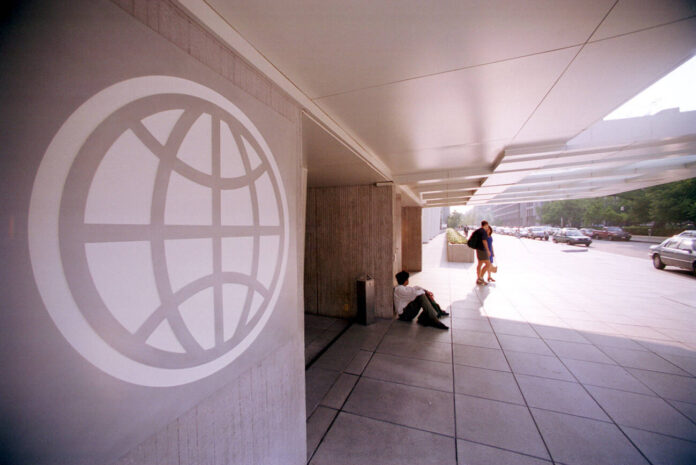ISLAMABAD: The World Bank (WB) has flagged significant risks associated with its $20 billion Country Partnership Framework (CPF) for Pakistan, which spans the next decade.
The CPF aims to support long-term development, but political uncertainty, governance hurdles, and macroeconomic instability pose significant challenges to its implementation.
Political risks remain a pressing concern, as frequent government changes and short political cycles disrupt the continuity of reforms. The WB highlighted the impact of policy reversals, fiscal decisions such as energy subsidies, and weak coordination between federal and provincial governments as key impediments to progress.
Macroeconomic risks include Pakistan’s large external financing needs, a heavy debt burden, and declining investor confidence. External shocks, including global price volatility and climate disasters, further complicate the economic outlook.
While the government has initiated structural reforms, resistance to implementation remains a potential roadblock.
Fiduciary risks also persist, stemming from inefficiencies in public procurement, weak institutional capacity, and corruption concerns. The WB stressed the importance of digitizing financial systems, modernizing procurement frameworks, and strengthening project governance to mitigate these issues.
Sector-specific challenges were noted, with shifting priorities, capacity shortages, and limited financing threatening progress in critical areas such as infrastructure and export-oriented industries. The WB aims to support these sectors through technical assistance and enhanced policy dialogue.
The framework calls for increased focus on underdeveloped and conflict-prone regions like KP and Balochistan. Infrastructure and social development projects in these areas face risks related to instability and inadequate institutional capacity.
A Risk and Resilience Assessment will be conducted to address these challenges during the CPF’s first year.
Drawing on lessons from the previous CPF (2015–2024), the WB emphasized the need for strategic and consistent programming. It advocated for a coordinated approach across all levels of government and alignment with national and regional development priorities to improve outcomes.
The WB projects Pakistan’s GDP growth to range from 2.8% in FY2025 to 3.8% by FY2029, contrasting with the government’s Uraan Pakistan plan, which aims to exceed 6% growth over five years. This disparity underscores the critical importance of sustainable reforms and economic stability.
Environmental and social risks were also identified, particularly in infrastructure projects requiring resettlement and stakeholder engagement. The WB stressed the importance of robust grievance mechanisms and community involvement to address these challenges effectively.
The CPF’s design includes flexibility, with two-year rolling business plans allowing for adjustments based on evolving circumstances. The WB’s approach aims to minimize risks by focusing on fewer, highly targeted outcomes while fostering long-term development partnerships.




